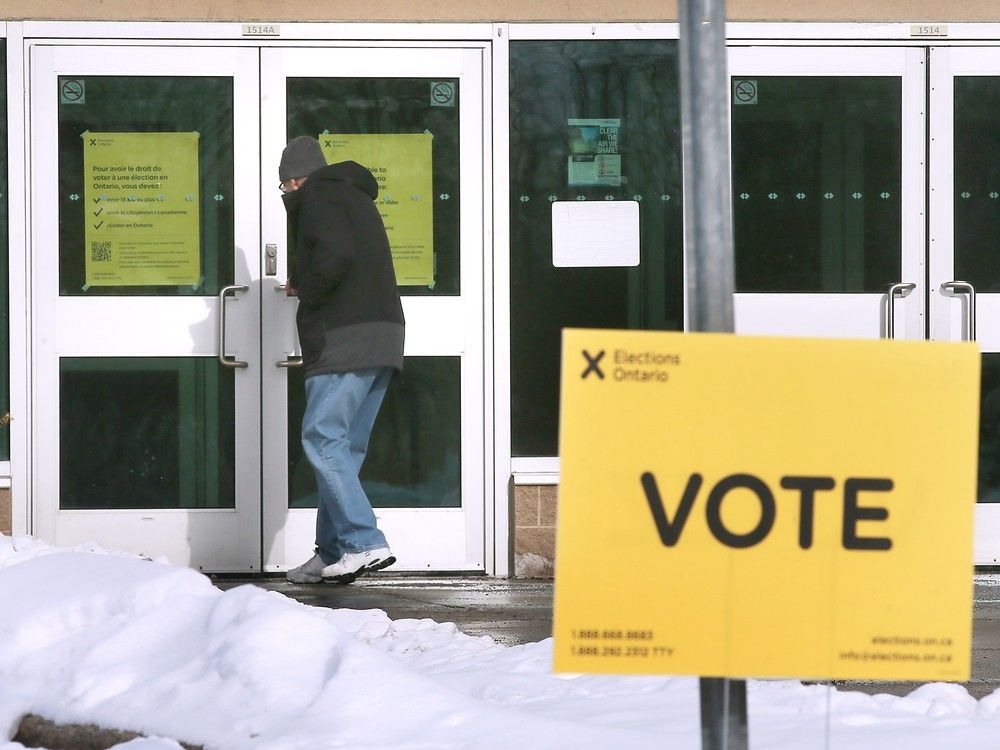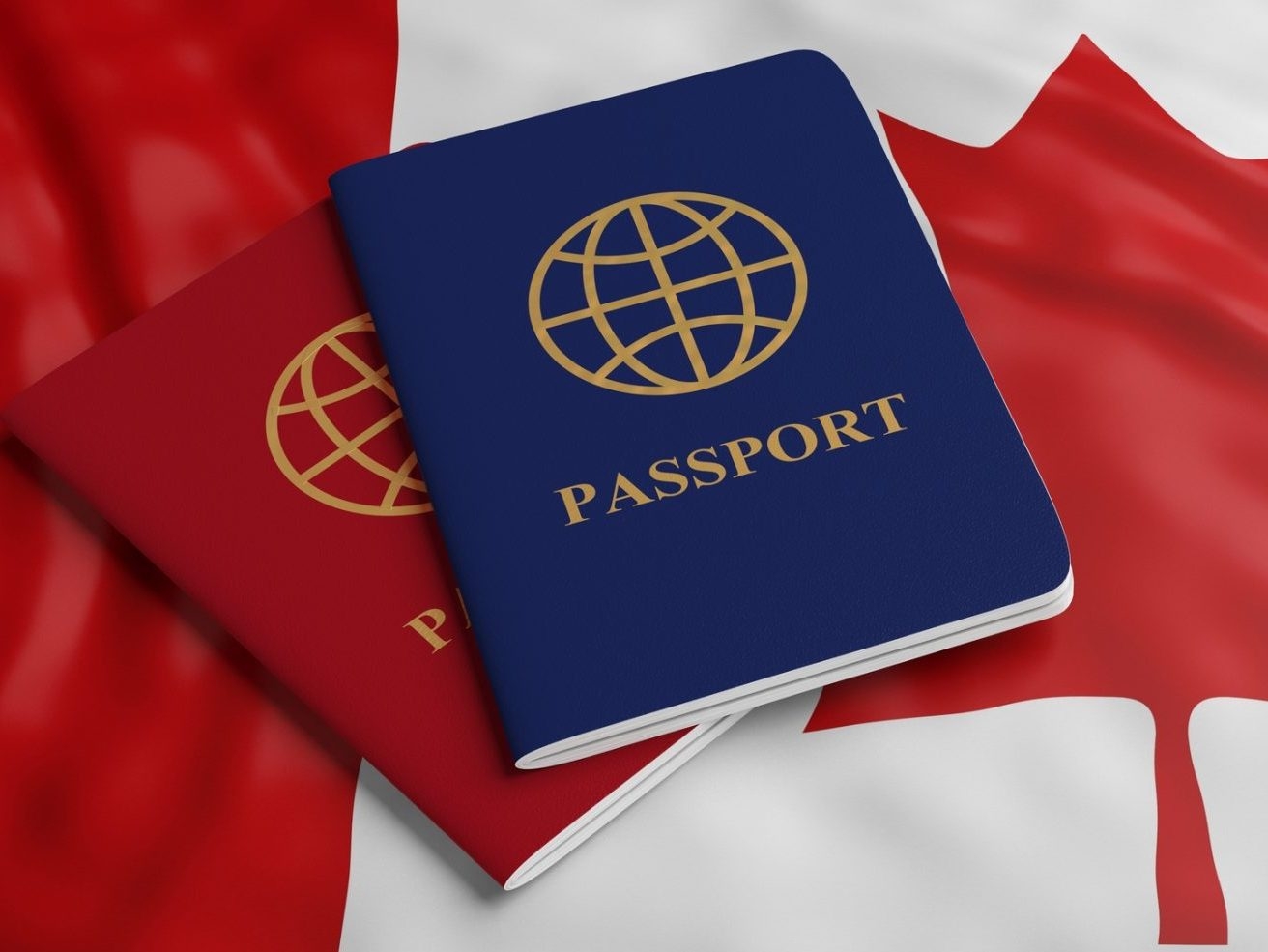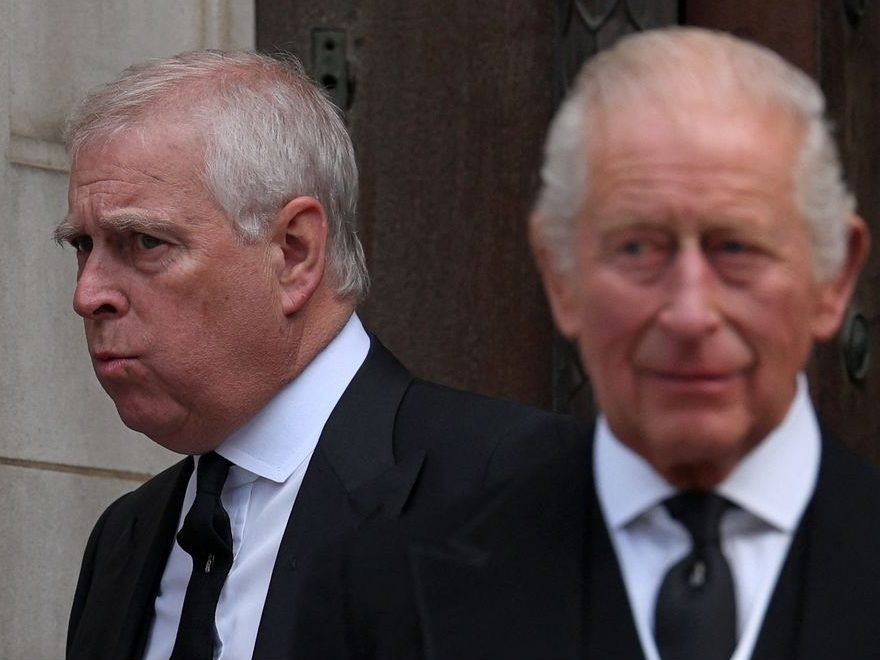The notion of fixed election dates in Canada, once a rising trend, is rapidly fading. Ontario’s recent move to abolish them follows Nova Scotia’s lead, signaling a growing disillusionment with a system that promised fairness but delivered little more than illusion.
Premier Doug Ford didn’t mince words, dismissing the 2005 legislation as a “fake law.” This sentiment echoes a growing realization: fixed dates haven’t fundamentally altered the power dynamic between government and opposition, despite initial intentions.
The idea behind fixed dates was simple – to create a level playing field. To prevent governments from strategically calling elections when opponents were vulnerable or facing unfavorable circumstances. It aimed to remove a perceived advantage of timing.

However, a critical flaw quickly became apparent. The power to request an election from the lieutenant governor – the monarch’s representative – remained firmly in the premier’s hands. And historically, that request has almost always been granted, rendering the fixed date largely irrelevant.
This year alone, Premier Ford demonstrated the system’s weakness, successfully requesting an early election despite the existing legislation. The lieutenant governor’s approval was, predictably, swift. This isn’t an isolated incident; prime ministers have repeatedly bypassed fixed date laws when politically expedient.
The reality is stark: these laws lack enforcement. There’s no mechanism to penalize a government for ignoring them, and politicians have consistently proven willing to exploit this loophole. Maintaining the pretense of a binding rule, when it isn’t, feels increasingly disingenuous.
Canada’s constitutional framework already provides a safeguard – elections must be held within a five-year window. The attempt to impose fixed dates was, in part, inspired by the American model, but that system doesn’t align with Canada’s parliamentary tradition of responsible government.
In a parliamentary system, the government inherently possesses the prerogative to call an election. Fixed date laws attempted to constrain this power, but ultimately failed to do so. They’ve become symbolic gestures with no real teeth.
Ironically, these laws may even *benefit* incumbents. Opposition parties are forced to prepare for a specific date, while the government retains the flexibility to strike when opportunity arises, undermining the very fairness the laws were meant to ensure.
Removing fixed date legislation doesn’t introduce chaos; it simply restores a degree of transparency. It acknowledges the inherent flexibility of the Canadian system and keeps everyone vigilant, aware that an election could be called at any time.
This return to Westminster-style democratic norms is a necessary step. Continuing to uphold laws that are routinely ignored only breeds public cynicism and erodes trust in the political process. Canada’s experiment with fixed election dates has run its course, and it’s time to acknowledge its failure.





